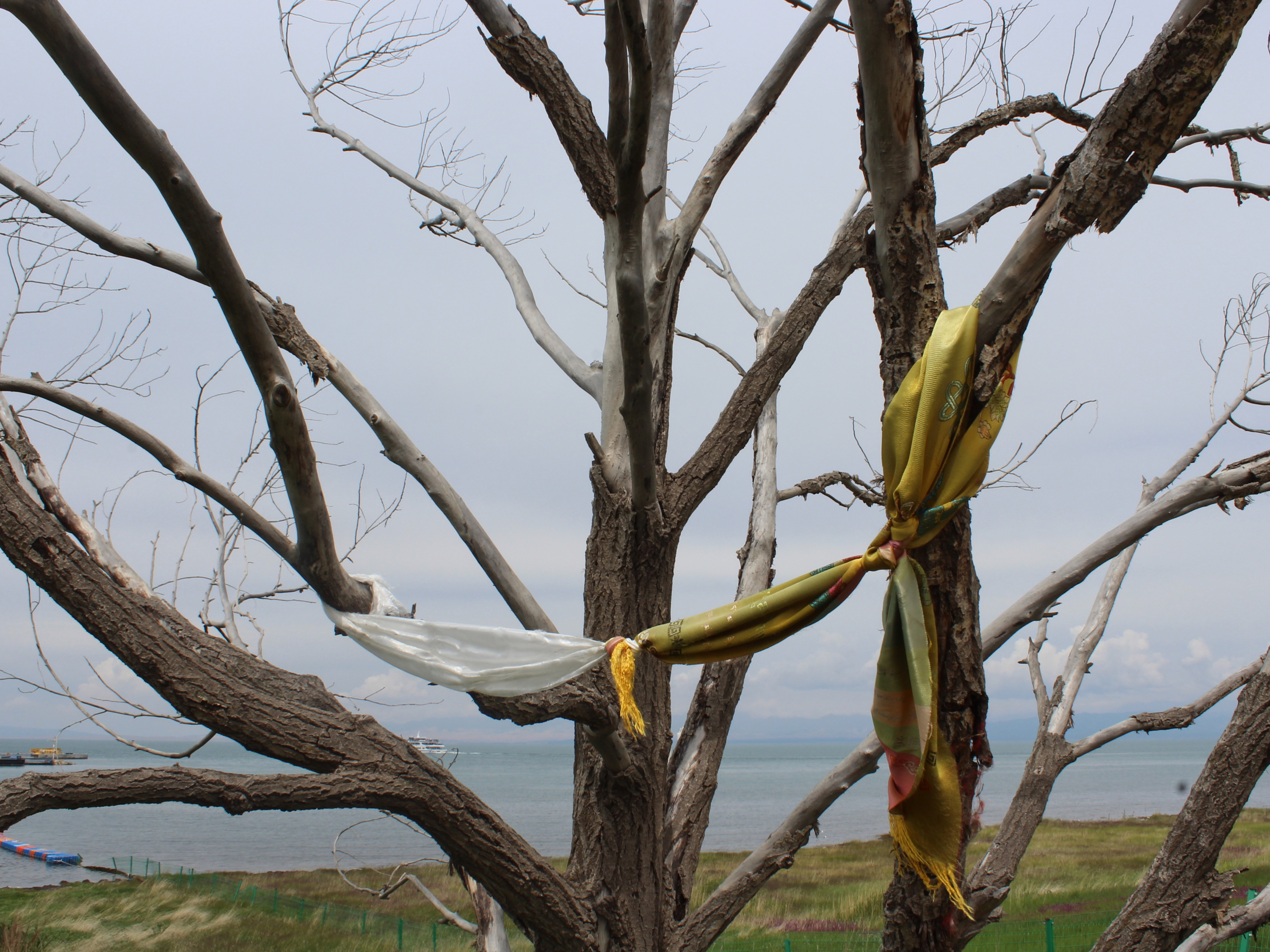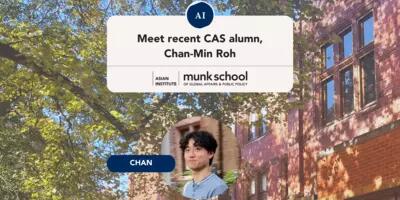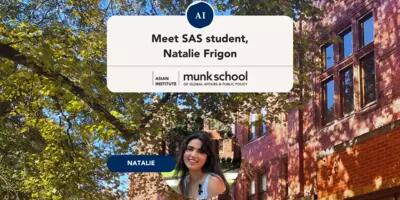Bringing Anti-Racism to the Classroom

In order for positive change to happen, tough conversations are necessary, and everyone needs to be included. That’s the theory behind two student-led initiatives that are striving to make the University of Toronto’s classrooms and campuses more equitable and inclusive.
Over two days in Spring 2022, those “tough conversations” took place through the Anti-Racist Pedagogies Roundtable (on March 31st) and the Anti-Asian Racism Alliance Forum (on April 1st) – an offshoot of the newly formed Asian Alliance group.
The impetus for the development of the Alliance Forum and the Pedagogies Roundtable was local: incidents of anti-Asian racism during the pandemic had shaken the student body and made evident the need for urgent action.
While the Anti-Asian Racism Alliance Forum was initially formed by students from the Asian Institute, it expanded to include participants from several departments and campuses. Interest in the group was such that it grew to include members of faculty and staff too, adding to a collaborative dynamic.
At first, the Alliance focused on creating a space for members to share experiences of racism and discrimination at the University of Toronto or other educational settings. Next, the group began to ideate: how can the University better uphold its mandate to create a safe learning environment?
Out of this question sprang March’s Pedagogies Roundtable and the April Anti-Asian Racism Forum.
The Pedagogies Roundtable had a more directed mission: to explore specifically how the teaching of race, gender, and class might impact racialized students differently. By extension, the discussion aimed to discover strategies for making classrooms and the U of T campus a safer space for these students.
Part of the students’ initial focus was to close the communication gap between the student body and faculty on the issue of making education intentionally anti-oppressive – especially in relation to teaching sensitive topics. Together, they discussed strategies for incorporating decolonial, anti-racist, and intersectional lenses into their studies, as well as more concrete strategies such as classroom agreements and land acknowledgments.
According to Angel Bella, a student organizer, the goal was to discuss how to create an environment where “students feel safe enough to voice when they don’t feel included, or to voice when a certain practice isn’t working in class, especially given the different power dynamics that happen in a classroom.”
She says the conversation was particularly important in discussing how “there’s a difference between just saying a space is inclusive, and actually taking the time as the semester goes to think about how one can make a space more inclusive or make EDI (Equity, Diversity, and Inclusion) a more collaborative process between faculty, staff, and students.”
Meanwhile, the next day’s Anti-Asian Racism Alliance Forum built onto the anti-racism discourse to discuss how Asian students can feel safer on campus and in their classrooms. The day involved participation and presentations from faculty and administrators including Professor Joseph Wong, Vice-President International, Professor Mary Reid, Ontario Institute for Studies in Education, and Professor Kelly Hannah-Moffatt, Vice-President, People Strategy, Equity & Culture.
According to Professor Joe Wong, who serves as the University’s Vice-President, International, the Forum was “an extraordinary event in part because the students spoke truth to power about their own experiences of anti-Asian racism on campus and were forthright in their demands. At the same time, I was impressed by their willingness to collaborate with the University and work together to construct some real solutions.”
Going forward the structures developed by the students and faculty in these forums, including scheduled community engagement sessions, follow-up events, and recommendations, will work to solidify a campus and pedagogical culture of anti-racism.
Rather than one-off, one-day symposia, the dialogue initiated by the students has contributed to seeding ongoing processes of collaboration and conversation for years to come. The University’s Anti-Asian Racism Working Group is expanding and carrying on the work spearheaded by the Asian Institute’s visionary students.

